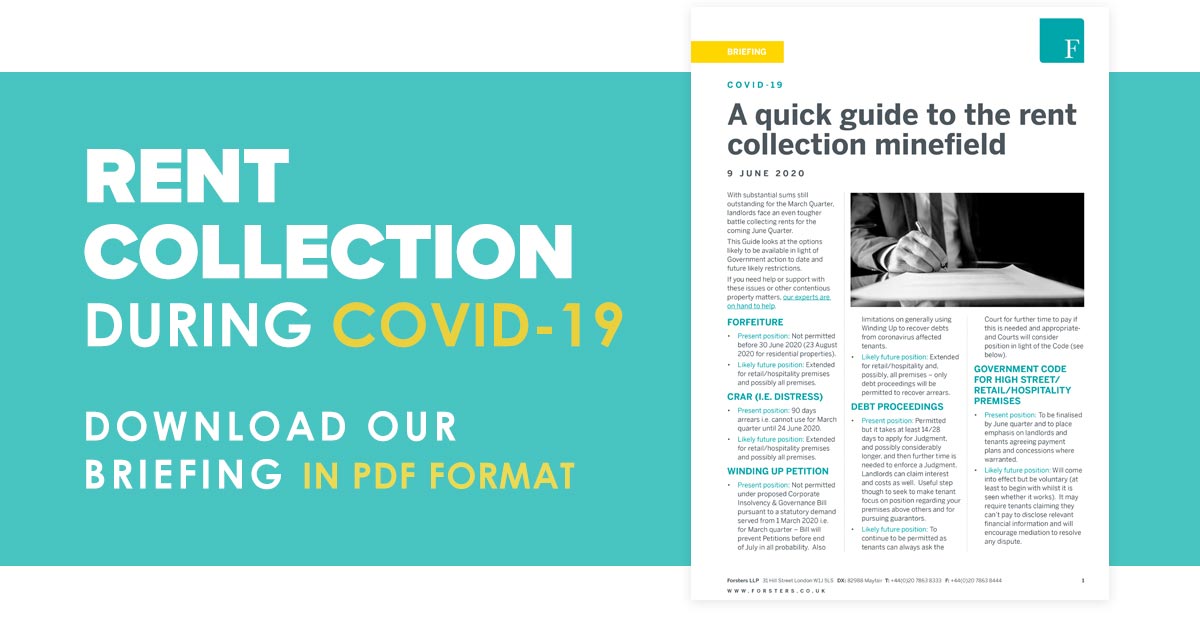Distributions: At what price?

With businesses and companies trying to return to normal economic life and activity, I consider in this piece some matters that companies may be overlooking when making distributions and in their intra-group transactions.
It is well known that section 829 of the Companies Act 2006 (“CA 2006“) defines a distribution as “every description of distribution of a company’s assets to its members, whether in cash or otherwise”. This clearly captures dividend payments to shareholders but also means, as was established long ago in Aveling Barford v Perion Ltd, that a transfer to a sister company within a group can be a distribution if it is at an undervalue.
If I consider the position relating to cash dividends, it is clear (sections 836 to 839 CA 2006) that directors must have regard to “relevant accounts” which would be the last annual accounts, other than where those accounts do not show distributable profits. If the last annual accounts do not show sufficient reserves then interim accounts must be prepared to identify whether sufficient reserves exist to make the payment. My concern at this time is whether directors are giving proper regard as to whether there should be an impairment since the last accounts date or (if preparing) included in the interim accounts; it might be considered that it is a brave director who thinks their group or the assets they hold have the same value post-lockdown.
Similarly, as many companies look to re-organise their existing groups for perfectly valid reasons (prepare for divestment of non-core assets for example), in transferring shares in subsidiaries or assets intra-group for that purpose, the principles of section 845 CA 2006 and Aveling Barford are more pertinent than ever. Trying to put it simply, if subsidiaries or assets are being transferred at book value then scrutiny as to whether that book value is the market value of the asset is critical. If the book value is not the market value (and this is where my concern comes in as to whether directors have their mind to this, particular as it is often thought of being “only intra-group”) then the company making the transfer will need positive reserves as the transfer will be considered a distribution. If the market value is less than the book value then consideration of the reserves position is even more critical.
This is particularly important for directors as if they make a distribution in breach of the provisions of the CA 2006 they may be personally liable to repay the company for loss if they know or ought to have known that it was not a lawful distribution. I would think it might be hard for directors to argue they didn’t know it was not lawful if they have not considered impairments or the values at which they are transferring assets. Additionally, if profits weren’t available to match the distribution, the distribution itself could be unlawful and any shareholder who knows or has reasonable grounds to believe a distribution is in breach of the provisions of the CA 2006 is liable to repay the distribution (or if a non-cash dividend in specie then to pay the amount equal to the value of the distribution). This is a real double whammy as not only could directors end up personally liable but the transaction could also be unwound.
So, I raise this as a reminder to directors that although their focus may well be on the business and the underlying dynamics and metrics of trading through these difficult times, they should not think that the CA 2006 does not apply and won’t be looked at in future diligence or by other interested third parties, including HMRC.
Disclaimer
The current global crisis is evolving rapidly, and the rules and guidance for individuals, companies and other entities to manage its implications are similarly fast moving. Notes such as this may be out of date almost as soon as they are published. If you have any questions prompted by this article or on any other matter relevant to you, please get in touch with your usual contact at Forsters.




